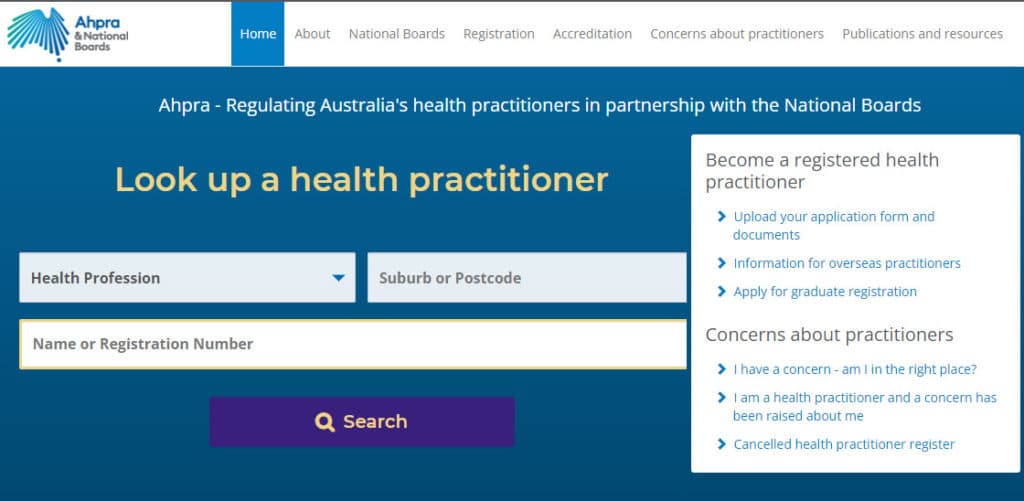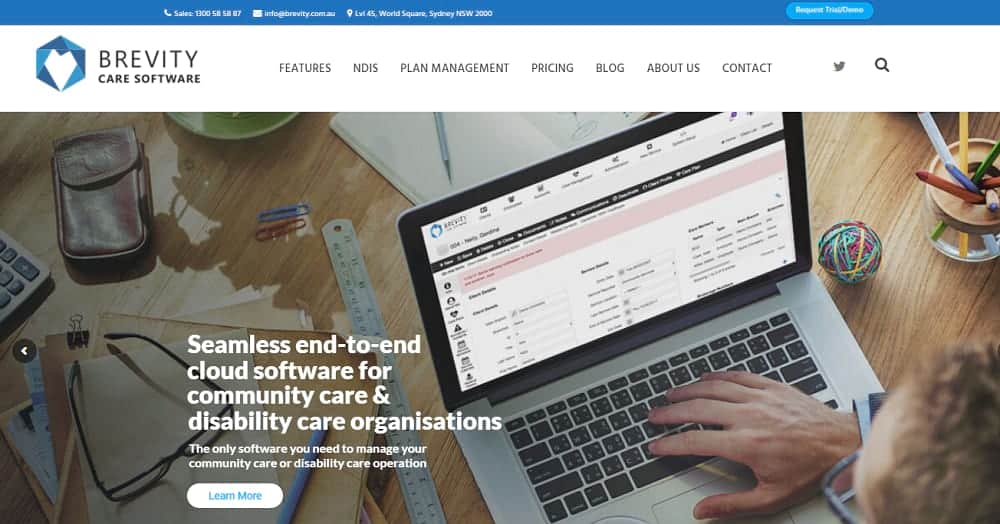
When it comes to registering your business as an NDIS provider, there are two different pathways you can go down: NDIS verification vs certification.
In this article, we’ll define what these two levels of NDIS provider registration mean. We’ll also explain the differences between NDIS verification vs certification in order to help you understand which level of registration is best for your NDIS business.
To register your business as an NDIS provider, the NDIS Commission requires proof that your company aligns with relevant parts of the NDIS Practice Standards. In fact, you will be required to carry out an audit of how suitably your business delivers its supports and services in line with the aforementioned standards.
There are two registration pathways open to your business: NDIS verification vs certification.
To become fully registered as an NDIS provider, you need to engage with the auditing process. Basically, what this entails is that an independent auditor will look at how your business delivers services and supports and whether it should undergo an audit for NDIS verification vs certification.
Let’s define what each of these registration levels means for your NDIS business.
NDIS Provider Registration: Verification
Businesses that undergo an audit for NDIS verification usually deliver what the NDIS Commission deems to be “lower risk/lower complexity supports and services”.
These types of businesses are probably already subject to regulation, such as through AHPRA, as well as other regulatory organisations.

NDIS Provider Registration: Certification
This level of NDIS provider registration is for businesses that provide “more complex or higher risk supports and services”. When being audited at this level, NDIS providers are assessed against the core and supplementary NDIS Practice Standards.
As can be seen, undergoing an audit is a core process for registration as an NDIS provider. This means your business will need to supply evidence in order to be assessed as meeting either level of registration: NDIS verification vs certification.
Let’s take a look at the differences between the auditing process for each level of registration so you can decide which is right for your business. Doing so can save you a whole lot of time and hassle when it comes to providing evidence of how your business delivers its services and supports.
NDIS Verification Audit
When the independent auditor assesses your business as providing lower risk/lower complexity supports and services, they will commence an NDIS verification audit. Because your business is probably already subject to professional regulations, this should be a fairly straightforward process.
Abiding by a set of professional regulations means your company is already meeting set standards. It also means that ongoing monitoring is in place to ensure capacity in delivering adequate and appropriate supports.
Next, what is known as a ‘desktop review’ will be carried out. The independent auditor will check the evidence supplied against the relevant NDIS Practice Standards in order to ascertain your company’s merit in gaining NDIS verification status.
Verification Audit: Evidence To Present
The auditor must see evidence of:
- relevant qualifications
- relevant experience
- incident management processes and policies
- complaints management processes and policies
- risk management processes and policies
As the NDIS continues to expand, the NDIS Commission checks whether providers who already meet pre-existing regulatory frameworks also meet the requirements to provide services and supports for NDIS participants.

NDIS Certification Audit
Businesses seeking NDIS certification are the ones that provide more complex or higher-risk supports and services to NDIS participants. These types of businesses are assessed against both core and supplementary NDIS Practice Standards in line with the type of services and support they offer.
To gain NDIS certification, a business must demonstrate core capacities such as:
- risk management
- delivery of supports
- the delivery environment
- governance and operational management
As a provider, it is your obligation to connect with an approved independent auditor who will complete your NDIS certification audit. This process is a little more involved than the NDIS verification audit and includes:
- reviewing relevant evidence
- site visits
- interviews with both NDIS workers and participants
Choosing NDIS Verification vs Certification
As can be seen, it is essential to have robust record-keeping systems in place when undergoing an audit. When it comes to NDIS verification vs certification, your business will be required to produce relevant evidence that demonstrates your capacity to meet the NDIS Practice Standards.
Brevity Care Software not only provides streamlined record-keeping processes, it also helps you run your NDIS business on a day-to-day basis. This is because it was purpose-built for NDIS businesses like yours.

Independent auditors will need to see that your company already has highly efficient systems in place to track and record such things as incident management as well as its day-to-day operations.
Brevity offers a suite of NDIS-specific tools that not only track NDIS compliance functions, but also help to make your business run smoother and your client’s lives better. With features such as client record and incident report management, Brevity offers the most powerful and seamless disability service organisation software available.
Originally published Nov 3 2021
Frequently Asked Questions
Businesses that undergo an audit for NDIS verification usually deliver what the NDIS Commission deems to be “lower risk/lower complexity supports and services”. An NDIS verification audit is a ‘desktop review’ and the independent auditor will check the evidence supplied against the relevant NDIS Practice Standards.
In order to ascertain your company’s merit in gaining NDIS verification status, it can cost anywhere from $900 to $1500 depending on the size and complexity of the audit.
Many small providers choose to stay unregistered because of the cost of registration: admission fees, audits, administrative tasks, and so on. The core difference is in the legal status (registered providers have more obligations but are also more likely to grow financially) but, to be clear, operating as an unregistered provider is NOT illegal and can be done as long as the participant sees value in it and is happy with the services.
The four core practice standards of the NDIS apply to all NDIS registered providers and outline:
– The rights and responsibility for participants
– Governance and operational management
– The provision of supports
– The support provision environment



